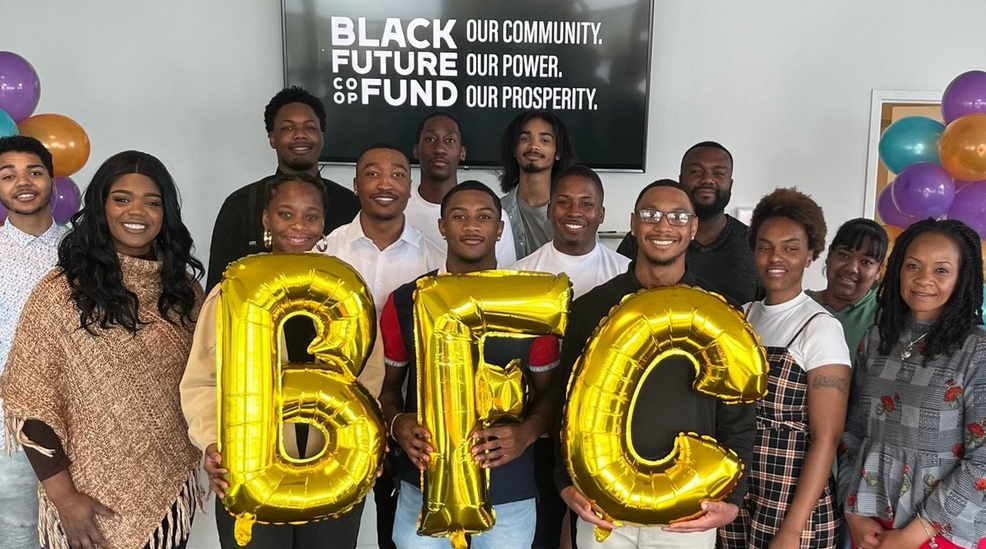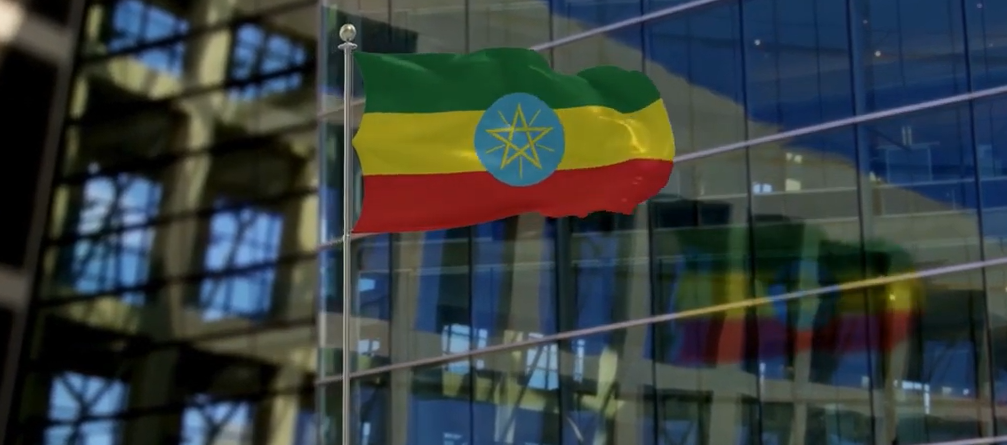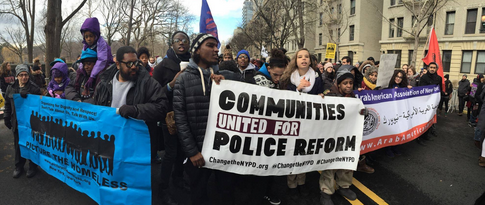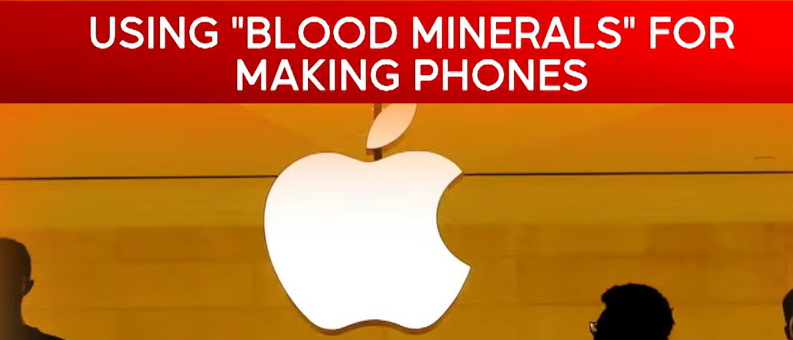Photo: Black Future Co-op Fund
SEATTLE — The Black Future Co-op Fund, Washington state’s first Black-led cooperative philanthropy, has released a monumental report, Black Well-being: Moving Toward Solutions Together. It aims to inform policy change, support collective organizing and direct resources into building Black generational wealth, health and well-being statewide.
https://www.blackfuturewa.org/blackwellbeing
“This Black Well-being report is a tool for advocacy and policy change and for building power,” said Andrea Caupain Sanderson, co-architect of the Black Future Co-op Fund. “It is time we implement our own community solutions to manifest Black well-being statewide. The current systems are failing us—they were designed that way.”
The report elevates community identified approaches to tackle structural barriers prohibiting Black well-being and that will result in the world Black people envision. It starts with an overview of who makes up the state’s diverse Black population, followed by perceptions of progress, priorities and key metrics that have moved since a 2015 report by Byrd Barr Place, Creating an Equitable Future in Washington State: Black Well-being & Beyond. The rest of the report covers civic engagement, education, economic mobility, public safety and health, outlining contextual factors and community approaches.
“The process of engaging with Black communities across the state to gather the recommendations found in this report illustrates an inherent desire of Black Washingtonians to be involved in developing solutions to longstanding disparities that adversely affect us,” said T’wina Nobles, CEO and co-architect of the Black Future Co-op Fund and Washington state senator, 28th L.D. “Our collective power will certainly propel us forward in galvanizing for positive change.”
Research in the Black Well-being report shows that even if the conditions for building wealth, like equal pay, access to capital, healthy housing and education, were the same for Black people and white people from 1870 to 2020, white households would still have three times as much wealth as Black households.
What the data shows:
Only 1.5% of Washington’s teachers were Black in the 2020-21 school year. Yet, research shows Black students who have at least one Black teacher in grades K-3 are 13% more likely to graduate from high school and 19% more likely to enroll in college than their same-school, same-race peers.
Homeownership—a critical path to wealth-building—was 34% for Black Washingtonians in 2020, almost half of the statewide average of 63.3%.
Despite 93% of Black Washingtonians having health care insurance, the 37% on Medicaid experience major gaps in coverage, limiting their access to care.
A 2022 audit by the Office of the State Auditor discovered that Black voters’ ballots were rejected four times more often than white voters.
“Racism is functioning across all systems, and continues to make us sick,” said Dr. Wendy E. Barrington, director of the Anti-Racism and Community Health (ARCH) Center. “We need to get serious about significantly increasing investment in Black people and communities to repair the systemic disinvestment over time and space which has affected us all. When Black communities thrive, all communities thrive.”
Examples of community identified approaches include:
Dismantle systems that harm us and replace them with systems that heal.
Center the arts in civics because they are foundational to social change.
Redefine academic standards to recognize and cultivate Black brilliance.
Partner with Black youth to create the jobs of tomorrow.
Reflect well-being in employer business models and practices.
“The Fund is working to promote truthful Black narratives. This Black Well-being report is rooted in that objective,” said Nobles. “And it draws from community wisdom, gathered from diverse perspectives of Black people across our state. We hope more will add their voices as we engage with Black Washingtonians across the state in the coming year. ”
The Black Well-being report is grounded in listening and learning from Black Washingtonians, which has included:
Focus groups with community leaders across the state on five topic areas from which common themes were distilled.
A statewide survey of more than 600 Black Washingtonians about priorities, perceptions of progress, and definitions of leadership and accountability.
Panel discussions around the five topic areas to discuss the survey results and community approaches that work for Black communities.
A statewide gathering, featuring the five panel conversations, speakers and artists to explore the themes and community-identified approaches; more than 150 watch parties tuned in online and 75 people participated in person at Seattle, Tacoma and Spokane.
The Fund will gather again virtually with Black Washingtonians who have helped shape the report on Tuesday, Dec. 6 to discuss the findings and explore how people want to use it in their individual and collective work.
“It felt so good to meet folks working to build and support the well-being of our community,” said Anthony Peterson, CEO of OIC Washington. “Processes like this that connect us across geography and sector are essential to collective organizing.”
Black Well-being report collaborators include Byrd Barr Place, Cardea, Imago, Urban League of Metropolitan Seattle, Washington State Budget & Policy Center and Washington State Commission on African American Affairs.
“Reparations need to be at the forefront of every conversation across the state,” said Caupain Sanderson. “Everyone can use this Black Well-being report as a blueprint for action.”
ABOUT THE BLACK FUTURE CO-OP FUND
Created by and for Black Washingtonians, the Black Future Co-op Fund is a new paradigm for philanthropy to ignite Black wealth, health, and well-being over generations. Through intentional investment, the Fund works to connect Black communities for collective power, promote a truthful Black narrative, and uplift Black-led solutions that foster Black generational prosperity.
CONNECT WITH BLACK FUTURE CO-OP FUND
Online: https://www.blackfuturewa.org/
Facebook: https://www.facebook.com/BlackFutureWA
Instagram: https://www.instagram.com/blackfuturewa/
Twitter: https://twitter.com/BlackFutureWA
YouTube: https://www.youtube.com/channel/UCTqPirKWi74O_uHR-S6_3qw







